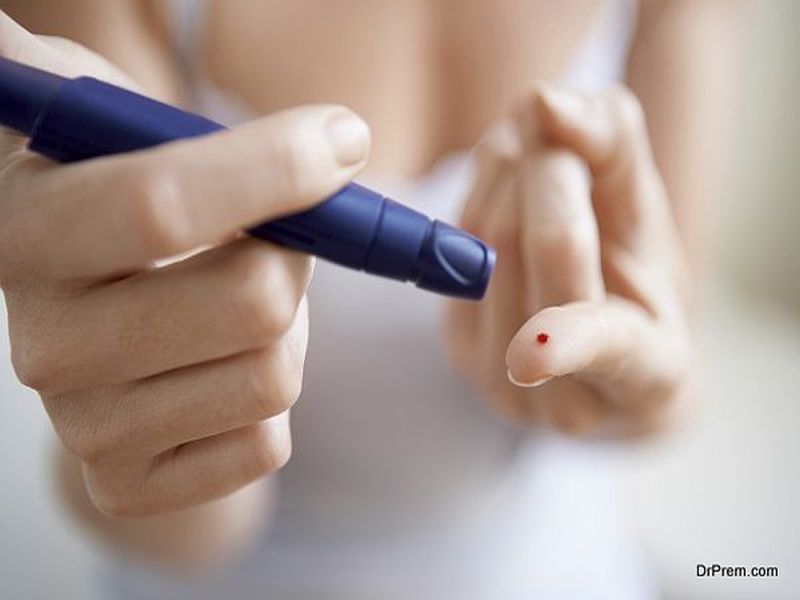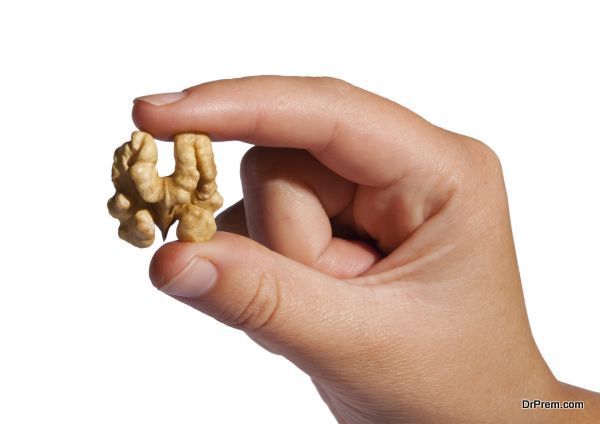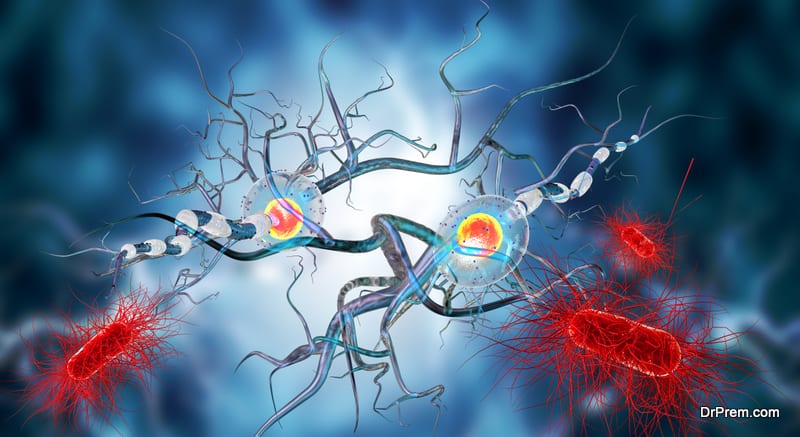As the saying goes, pain demands to be felt. Have you ever wondered why? That is because scientifically, pain is supposed to be a warning. When your skin or body gets too close to something hot like a stove or a fire, the nerves instantly transmit a pain signal to your brain—so you step back or pull your hand before you burn yourself. Unfortunately, damaged nerves are prone to sending false or incorrect messages to the brain. For example, you get cuts because you did not realize you were touching something sharp. People with nerve damage experience it in diverse ways. For some, it is a constant prickling or burning sensation all throughout the day. For others, it is numbness and loss of balance.
How do nerve damages develop?
 According to Dr. Isha Gupta, a neurologist from New York, nerve damage usually develops gradually, which means it is possible to cure it before it worsens. Over-the-counter or OTC painkillers are on top of the list of most doctors. These may include NSAIDs (nonsteroidal anti-inflammatory drugs) like ibuprofen or analgesic such as acetaminophen or prescription medicines. This review by NervePainTreatment.org gives a product called Nerve Renew its full recommendation for people suffering from nerve damage. It claims that Nerve Renew has ingredients that improve the function of the nerve endings and makes them healthy, reducing the pain, tingling, and numbness.
According to Dr. Isha Gupta, a neurologist from New York, nerve damage usually develops gradually, which means it is possible to cure it before it worsens. Over-the-counter or OTC painkillers are on top of the list of most doctors. These may include NSAIDs (nonsteroidal anti-inflammatory drugs) like ibuprofen or analgesic such as acetaminophen or prescription medicines. This review by NervePainTreatment.org gives a product called Nerve Renew its full recommendation for people suffering from nerve damage. It claims that Nerve Renew has ingredients that improve the function of the nerve endings and makes them healthy, reducing the pain, tingling, and numbness.
Medicines to repair nerve damage
What do these medicines contain that make them help repair nerve damage? Here are five vitamins that help repair our damaged nerves:
1. Alpha-lipoic Acid (ALA)

ALA is a fat- and water-soluble antioxidant that counteracts free radicals generated by spikes in blood sugar level. Some of the foods that contain ALA are spinach, broccoli, tomato, and green peas.
2. Vitamin B6 and B12
B vitamins, such as B6 (pyridoxine) and B12, improve nerve function, expedite nerve tissue regeneration, and relieve pain and inflammation. Some findings have also shown that B6 lowers the ratio of a key amino acid in the blood while B12 on the other hand, is a critical aid to serotonin levels.
Some foods rich in B6 are pork, fish, bread, eggs and soya beans while foods rich in B12 are clams, sardines, beef, and tuna.
3. Acetyl-L-carnitine

Acetyl-L-carnitine is an antioxidant and amino acid responsible for raising energy levels, creating healthy nerve cells and reducing pain in people with nerve damage. Foods rich in Acetyl-L-carnitine are meat, fish, poultry and dairy products.
4. N- Acetylcysteine (NAC)
N- Acetylcysteine, a form of cysteine, protects nerve health from neurotoxicity and oxidative stress. It also lessens inflammation and controls neurotransmitter levels to relieve nerve damage. NAC is not naturally found in foods however most high-protein diets are good sources of cysteine. Some of the food sources of cysteine are red peppers, garlic, onions, sprouted lentils, and oats.
5. Omega- 3 Fatty Acids
 Omega-3 essential fatty acids maintain healthy levels of cholesterol, brain health, and blood pressure while also enhancing nerve density and signal diffusion. Food sources for omega-3 fatty acids are walnuts, hemp seed oil, and cold-water fish like salmon.
Omega-3 essential fatty acids maintain healthy levels of cholesterol, brain health, and blood pressure while also enhancing nerve density and signal diffusion. Food sources for omega-3 fatty acids are walnuts, hemp seed oil, and cold-water fish like salmon.
Article Submitted By Community Writer




